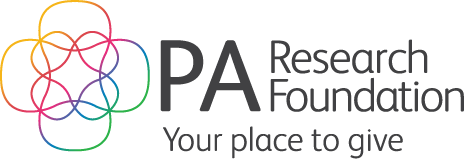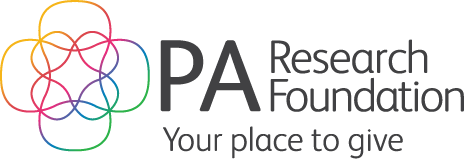
Forever indebted is how James Avenell of Archerfield describes how he feels about the PA Hospital (PAH) and the care of Dr Alex Len and Associate Professor Sarah Olson.
James who was diagnosed with Parkinson’s disease at just 38 years old in 2016, recently underwent deep brain stimulation surgery at the PAH under the guidance and care of the PAH’s neurology department.
Deep brain stimulation involves surgery to implant an electrode device in the brain that produces electrical impulses to disrupt irregular brain signals that cause involuntary movements. The device is then attached to a stimulator in the chest.
Traditionally seen as an older person’s disease, being told you have Parkinson’s would come as a shock to the system of anyone, let alone someone who was not yet 40. James said though it started as just a small tremor in his pinky finger it eventually progressed to a point where he was beginning to question his future.
“It affects little things. Just trying to do basic jobs and stuff like that and generally feeling like you're useful. I've been lucky that it progressed slowly, but it was getting to the point where it was difficult for me put on a button up shirt in the morning for work,” he said.
“It had started to get to that point where I really had to start leaning on people and accept the fact that there were going to be things that I just couldn't do that I used to be able to do, like opening jars or cutting up food. It was becoming increasingly frustrating because it affects things you just take for granted.
“I was starting to think what am I going to be able to do for myself? because it's hard to say how these things go. Have I got another five years left? Do we have another 10 years left.”
Now less than three months from the procedure he is already experiencing a much better quality of life and is incredibly grateful for all that the PAH and the surgery has given him.
“I feel like I am finally having that sort of peace of mind, I know that there's definitely a future where I can function and be useful as a person and contribute. Because that was the biggest concern for me. I was feeling like I was losing my independence,” James said.
“We've still got a long way to go, we’re still tweaking things. But the difference that it has made so far on top of sleeping better is in being able to do basic things again, but importantly the functions of my job, which was becoming increasingly difficult because I work as a digital designer, so I need a steady hand.
“I was finding that it had been progressing on my left side, almost from day one. And it's been progressing to the right side over time. I was finding it difficult to do things like type and use tools that I require in my job.
“But even now, like, I've noticed that I still take my medication, but it's a lot more than frequent. I'm not sort of having those off times that I was having when I was taking my medication where I'd be fine, and then within five minutes, my hand would be tremoring again.
“I'm back working from home. Everything's become so much easier. It’s taken quite a lot of that uncertainty about the future away and given me a lot of quality of life back.
“I was a musician for a long time, and just being able to play the guitar again, has made a massive difference to me, it's something that I used to enjoy doing, every day when I'd come in from work, it was the first thing I'd do. Being able to do that sort of stuff again as well too those other small things in life that you enjoy that mean a lot to you.
“Probably the biggest thing for me is just knowing that more time’s been put on the clock.”




